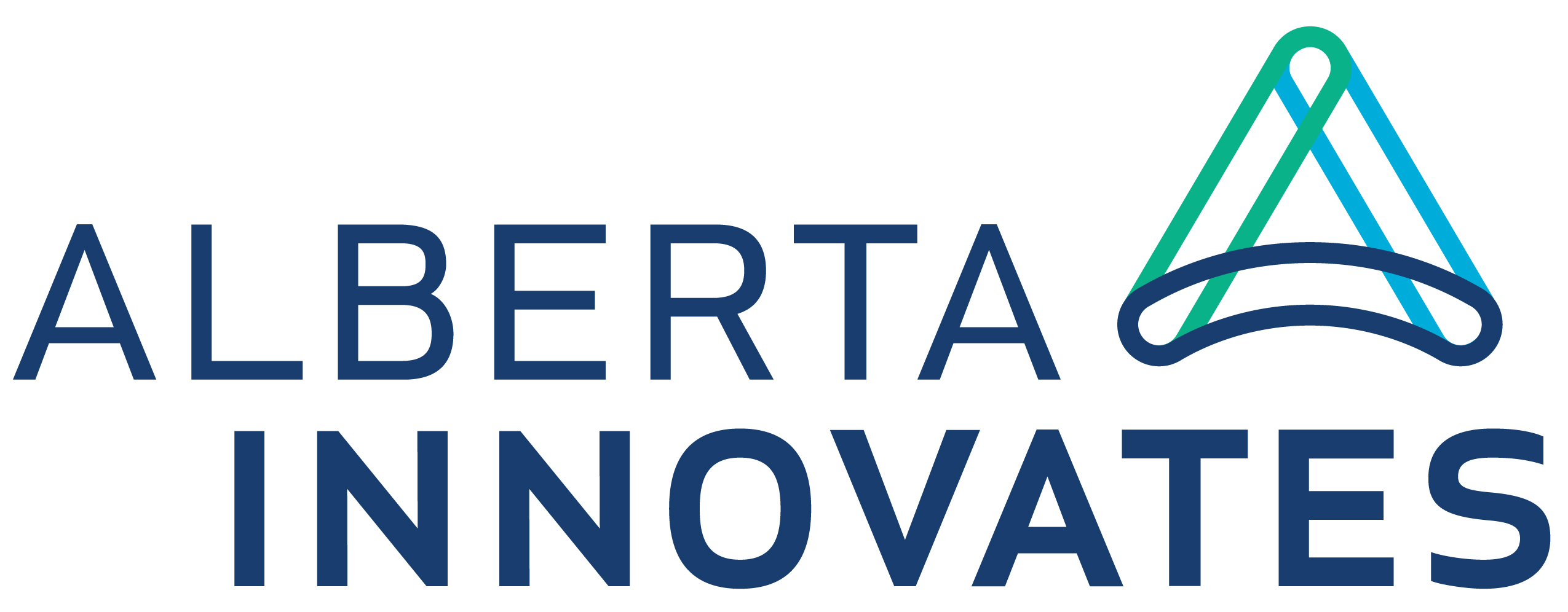Alberta Innovates Postdoctoral Fellowships Program
Alberta Innovates’ Postdoctoral Fellowship program represents a collaborative effort to:
- Cultivate a world-class research and innovation system;
- Drive the discovery, development, and use of innovations that have high potential to improve the health of citizens while creating opportunity for economic diversification in Alberta; and
- Increase the competitiveness of Alberta as a destination for training in digital and data-enabled health innovation.
AI’s investment in the AI PDF Program enhances Alberta’s knowledge workforce in areas with high potential to diversify the economy and improve the health and well-being of citizens. To ensure the Program builds capacity in areas of strategic importance to the province, the following areas are prioritized:
Apply for the fellowships here:
